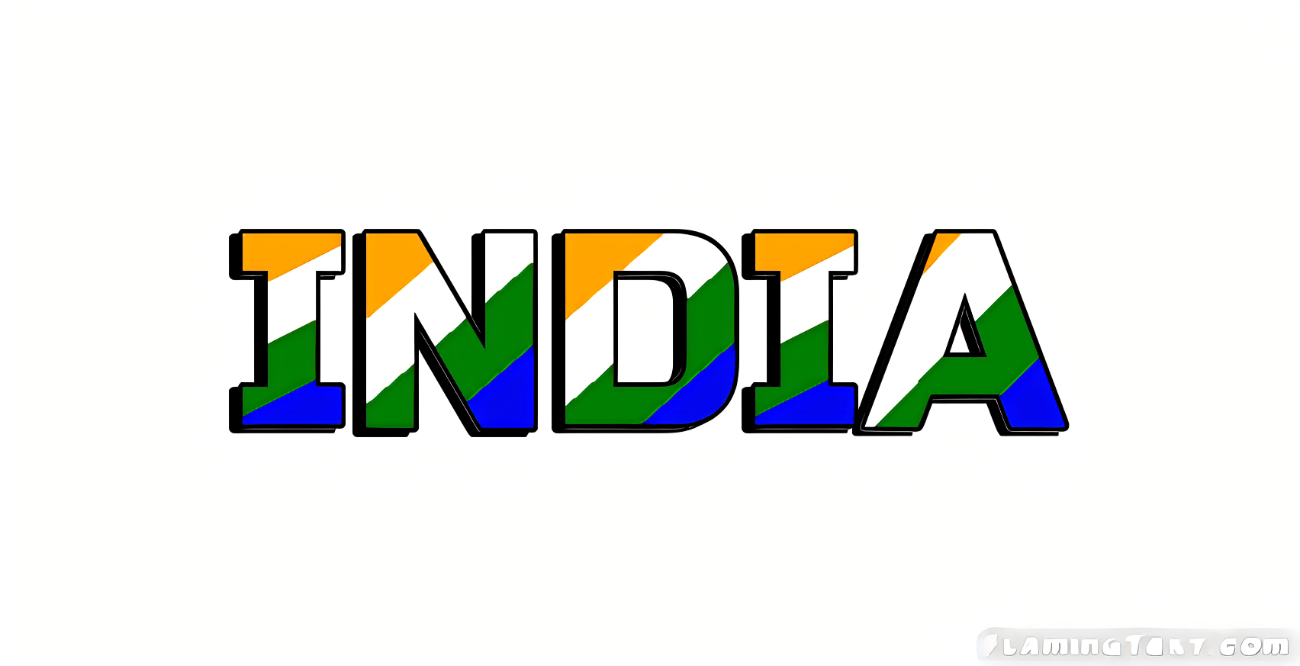On 19 July, Nitish Kumar opposed INDIA as bloc’s name, shocked by Congress

Nitish Kumar opposed INDIA as bloc’s name, shocked by Congress
following a meeting of opposition parties in Bengaluru, the name “INDIA” (Indian National Developmental Inclusive Alliance) was announced as the name of the Opposition alliance. Bihar Chief Minister Nitish Kumar, who is a prominent political figure and part of the alliance, strongly objected to the chosen name.
There could be several reasons for Nitish Kumar’s objection to the name “INDIA”:
1. Confusion with the Country’s Name: One of the possible reasons for Nitish Kumar’s objection could be the potential confusion that may arise from the alliance sharing the same name as the country “India.”
Such a name could lead to misunderstandings and miscommunication, both in the political landscape and among the general public.
2. Identity and Distinctiveness: Political alliances often choose names that reflect their values, objectives, and collective identity. Nitish Kumar might have questioned whether the name “INDIA” accurately represented the alliance’s shared vision and goals, or if it could lead to the perception that they are trying to claim national representation.
3. Political Considerations: The choice of a name for a political alliance is crucial, as it can shape public perception and create an image for the coalition. Nitish Kumar might have raised concerns about how the name “INDIA” could be perceived by voters and whether it accurately captured the diversity of the parties involved.
4. Lack of Consultation: Another aspect that likely contributed to Nitish Kumar’s objections is the claim that the Congress party, a major player in the alliance, did not participate in discussions regarding the alliance’s name. Political alliances usually involve negotiations and consensus-building among all the parties involved. If Nitish Kumar felt excluded from the decision-making process, it could have added to his dissatisfaction.
It appears that there are mixed sentiments among the leaders of the Janata Dal United (JDU) and Rashtriya Janata Dal (RJD) regarding the formation of the opposition alliance named INDIA (Indian National Developmental Inclusive Alliance). Nitish Kumar’s role in bringing together various opposition parties cannot be ignored, but there seems to be a sense of shock and dissatisfaction among some leaders from his party and the RJD due to the perceived influence of the Congress in shaping the alliance.
Here are some possible factors contributing to these sentiments:
1. Nitish Kumar’s Efforts: Nitish Kumar, the Chief Minister of Bihar and a prominent leader of the JDU, played a significant role in the efforts to unite opposition parties. His endeavors might have included dialogues, negotiations, and coordination to form a cohesive front against the BJP-led National Democratic Alliance (NDA).
2. Congress’ Dominance: The leaders of JDU and RJD might feel that the Congress party has exerted undue influence in the alliance’s decision-making process, including the naming of the alliance itself. This perception of Congress “hijacking” the alliance could lead to concerns about its dominance within the coalition and whether other parties’ voices are being adequately represented.

3. Alliance’s Objectives: The alliance’s name, INDIA, was pitched by Congress leader Rahul Gandhi with the intention of projecting a united front to challenge the BJP and its allies in the upcoming 2024 Lok Sabha elections. While this name may represent the alliance’s broader inclusiveness and developmental agenda, some leaders from other parties might have preferred a different name or been excluded from the naming process, leading to discontent.
4. Leadership Dynamics: Political alliances often involve complex dynamics among various parties, each with their own history, ideologies, and aspirations. Nitish Kumar’s leadership in the alliance might have faced challenges in balancing the interests and aspirations of all parties involved, which could contribute to differences of opinion and shock among some leaders.
As with any political developments, it is essential to consider that opinions and perceptions can vary significantly among different leaders and parties. The success and effectiveness of the opposition alliance named INDIA will depend on how well the parties collaborate, coordinate, and present a cohesive and compelling alternative to the ruling NDA in the 2024 Lok Sabha elections.




